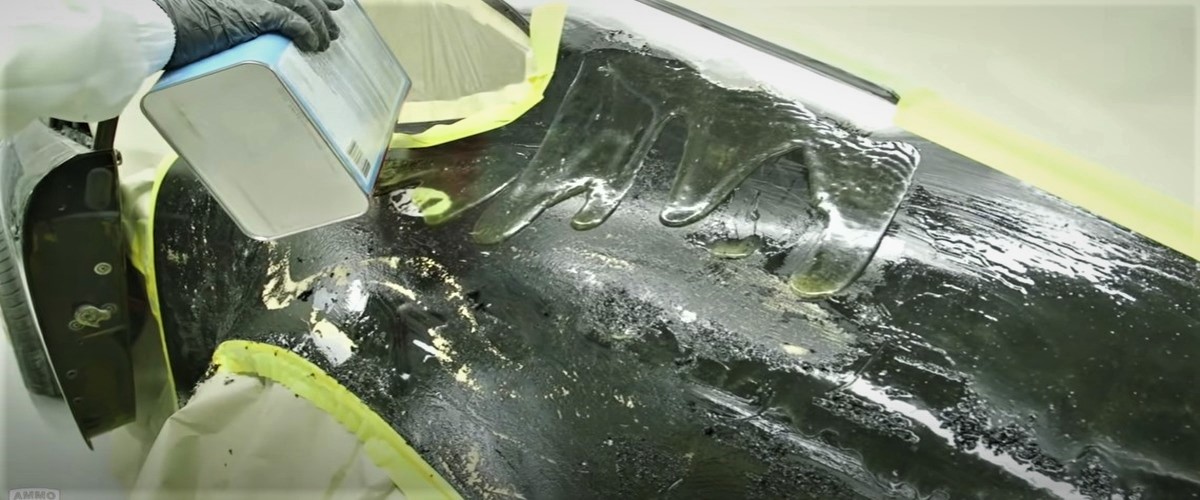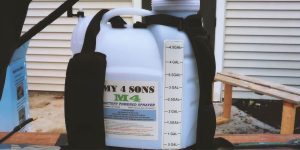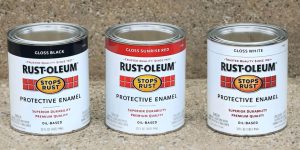You can use a few different methods when it comes to painting removal. For example, some people prefer to use a chemical paint remover, while others prefer a paint stripper. So, which is better: a chemical paint remover or a paint stripper? This blog post will compare the two options and help you decide which one is right for you.
Chemical methods to strip paint
Chemical methods are typically quicker and easier than mechanical methods like sanding or grinding. However, they can be more dangerous to use because the chemicals can be corrosive and cause burns. Paint strippers also produce fumes that can be harmful to your health if you breathe them in.
Paint strippers come in two main varieties: caustic and non-caustic. Caustic paint strippers contain chemicals like lye or sodium hydroxide. Non-caustic strippers are typically made with solvents like methylene chloride.
Sodium hydroxide liquid chemicals
It is a prevalent stripping method, as it is relatively fast and effective. However, it can be pretty dangerous to use, as it is corrosive and can cause burns. Therefore, you should always wear gloves and protective clothing when using this method and ensure that your working area is well-ventilated.
Solvents
Several solvents can be used to remove paint, including acetone, methylene chloride, and trichloroethylene. These are all effective at removing paint, but they can also be quite dangerous. They can cause respiratory problems, so it is essential to ensure that you use them in a well-ventilated area and wear the appropriate protective gear.
If you use a chemical paint stripper, read the label carefully and follow the directions. Wear gloves, goggles, and a respirator to protect yourself from the fumes, and work in a well-ventilated area.

Advantages and disadvantages of using a chemical paint remover?
Advantages
- Quicker and more accessible than mechanical methods
- Can be effective at removing multiple layers of paint.
- Good for lead-based paint
- Good for water-based paint
- Good for Larger Areas
Disadvantages
- It dangerous to use because the chemicals can be corrosive and cause burns
- Paint strippers also produce fumes that can be harmful to your health if you breathe them in
- May damage the underlying surface of the paint if not done correctly
- They are expensive. Chemical paint strippers can be expensive, and they might not work very well. That means you might have to keep buying more.

Biochemical-based stripping agents
Biochemical stripping agents are enzyme- or bacteria-based products that break down the paint molecules, making them easier to remove. These products are typically safe to use and don’t produce harmful fumes. However, they can be slower than chemical strippers and might not work on all types of paint.
Enzymatic strippers
Enzymatic strippers are usually made with fruit or vegetable enzymes. They work by breaking down the bonds between the paint molecules. It makes it easier to remove the paint without damaging the underlying surface.
Bacterial-based strippers
Bacterial-based strippers use bacteria to break down the paint molecules. These products are typically safe to use and don’t produce harmful fumes. However, they can be slower than chemical strippers and might not work on all types of paint.
Advantages and disadvantages of using a biochemical type of strippers?
Advantages
- Safer and more environmentally friendly
- Can be effective at removing lead-based paint
- Can be used on a variety of surfaces
Disadvantages
- Slower than chemical methods
- Less effective at removing multiple layers of paint
- May be more expensive than chemical strippers
So, which is better? A chemical paint remover or a paint stripper?
It depends on your individual needs and preferences. For example, if you need to quickly remove multiple layers of paint, a chemical stripper might be the best option. However, if you are concerned about the safety and the environment, then a biochemical-based paint remover might be better. Ultimately, it is essential to do your research and carefully consider all of the different options before deciding.














